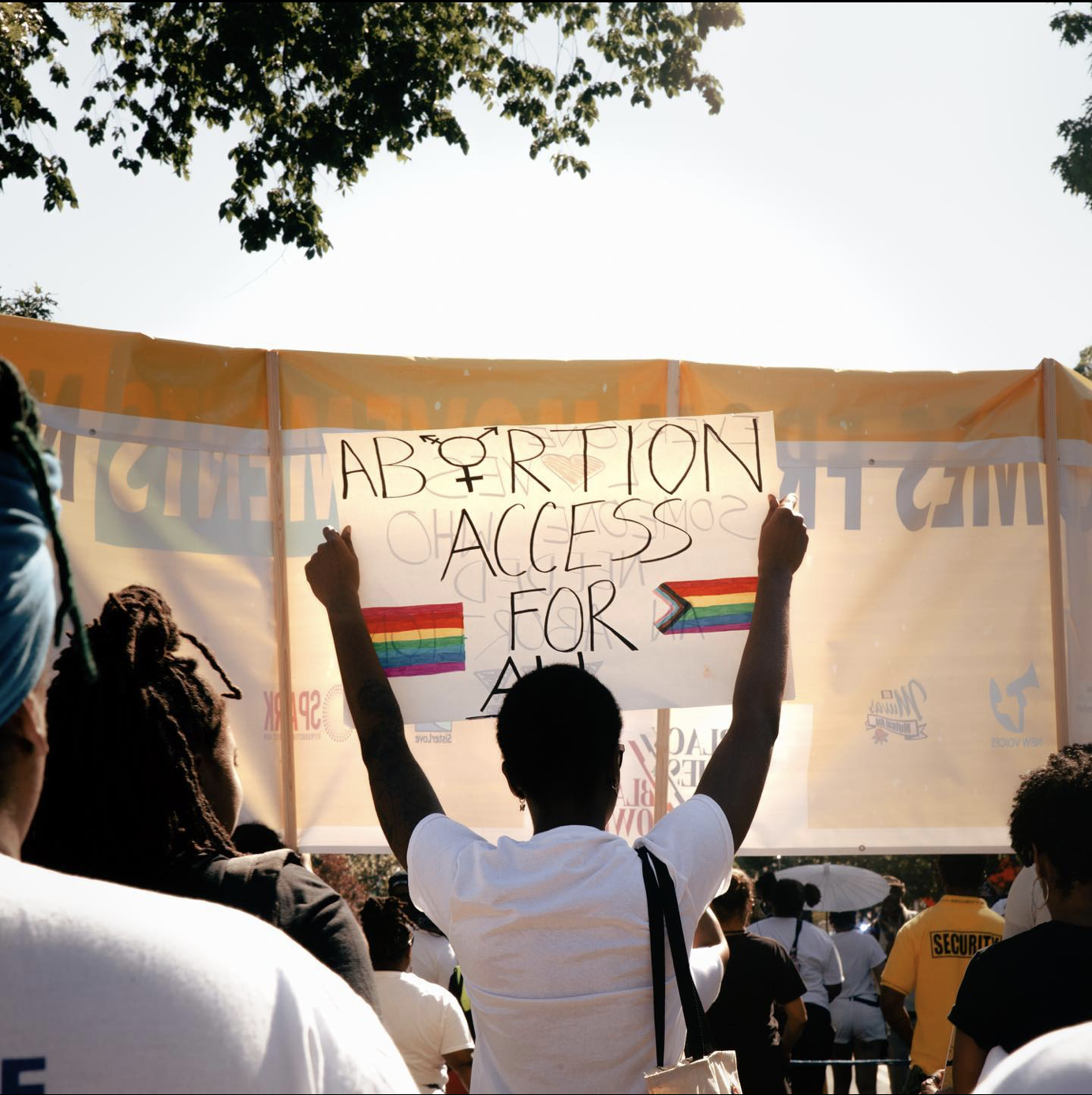In light of the recent decision of the US Supreme Court to end women’s constitutional right to an abortion, you have probably heard about Roe V Wade and what its overturning implies for reproductive health. Last Friday, the world lived a historical moment and the lives of millions of people totally changed. We’ve broken down the details of the situation to tell you everything you need to know about what is happening in America right now.
The great leap backward imposed by the Supreme Court on Friday 24th June, with the end of abortion as a constitutional right, has revived the spectre of clandestine practices. The ruling signed by conservative judge Samuel Alito provoked a powerful shock in society. What was taken for granted is no longer so.
“The health and lives of women in this nation are at risk”,
Joe Biden
declared president Joe Biden who has called on Americans to defend abortion rights in the mid-term elections in November.
An initial report stating the U.S Supreme Court voted in favor of overturning Roe V Wade leaked on May 2nd. Following this, women’s reproductive rights have become the central focus of national conversation once more. The debate is even shifting to contraception now.
It is not the first time that Roe V Wade has faced overturning attempts. 49 years after, it finally happened. America is now more fractured than ever between the Democrats and the Republicans. Friday’s decision arrives at a time when a significant majority of Americans support abortion rights. This decision does not make abortions illegal but leaves it up to each state to decide whether or not to allow abortions within its borders. It crowns fifty years of a relentless struggle by the religious right. About half of the states in America will outlaw or restrict abortion as a result of this decision, 26 to be precise.
Roe V Wade was decided on January 22nd, 1973 to grant American women the right to abortion throughout the country and stated that criminalizing abortion violated a woman’s constitutional right of privacy and basic human right. Under the pseudonym “Jane Roe,” a woman called Norma McCorvey sought an abortion after becoming pregnant in 1969 but was thwarted by Texas’ restrictive reproductive laws, only allowing abortions if carrying the fetus to term threatened the mother’s health.
For almost 50 years, Roe V Wade has guaranteed the right to an abortion during the first two trimesters of pregnancy in the United States. Now, Post-Roe America subverted this which gives way to a wave of unprecedented protests. Abortion rights activists are gearing up for a generational political battle to ensure access to reproductive health care. Politicians like Alexandria Ocasio-Cortez joined throngs of protestors outside the Supreme Court, calling for people to get “into the streets” and chanting that the decision is “illegitimate.”
Several companies such as H&M, Balenciaga, Condé Nast, or Netflix released statements reaffirming their commitment to helping employees gain access to health care services they may not be able to obtain in their state.
At Voir, we believe in the fundamental human right of choice, the choice to make the best decisions for one’s body and health, and the fundamental human right to access reproductive health care.
We’ve compiled a list of associations and organizations where to donate in the Fight for Abortion Rights.
Naral
At a National level, Naral : This Washington D.C.-based organization works to uphold abortion and birth control access, advocates for paid family leave, and fights pregnancy discrimination. NARAL has also assembled on its website a handy page that shares resources, information on abortion laws by state, and a template for letters to send to U.S. senators and representatives in support of a woman’s right to choose.
Planned Parenthood
Planned Parenthood and the American Civil Liberties Union (ACLU) work to ensure that abortion is safe and affordable. They fight daily for access to care for all, especially in the area of sexuality and reproduction.
You can also share your story with Planned ParenthoodPlanned Parenthood has launched the hashtag #WhateverTheReason to gather as many stories as possible from people who have had an abortion or supported a loved one who has. A necessary sharing of experiences, to fight against a harmful stigma and to insist on a crucial point: abortion is legitimate and should be a fundamental right, whatever the reason.
NAPAWF, URGE, and Sister Song
In addition to being a time of uncertainty for women, it is even more so for trans people, disabled people, poor people, and people of colour.
These are the communities most affected by this revocation, and by the lack of sexual health care in general. Giving to organizations such as NAPAWF (for Asian Pacific American women), URGE (for queer reproductive rights), and Sister Song (for racialized people) helps them access quality care in safe spaces.
Local Helplines
At a Local level: In each state, there are also small associations that help finance abortions for women – or people with a uterus – who do not have the necessary funds to pay for the procedure or the logistics that accompany it (accommodation, transportation…)
Among these Abortion Funds, which for the moment continue to work and fight in spite of bans, are the Yellowhammer Fund (Alabama), Women Have Options (Ohio), the Gateway Freedom Access Fund (Missouri), and the Mississippi Reproductive Freedom Fund. Donations go directly to the people who need them which can make a big difference.
Words by Melodie Bitala-Samba
Header image: @sistersong_woc








